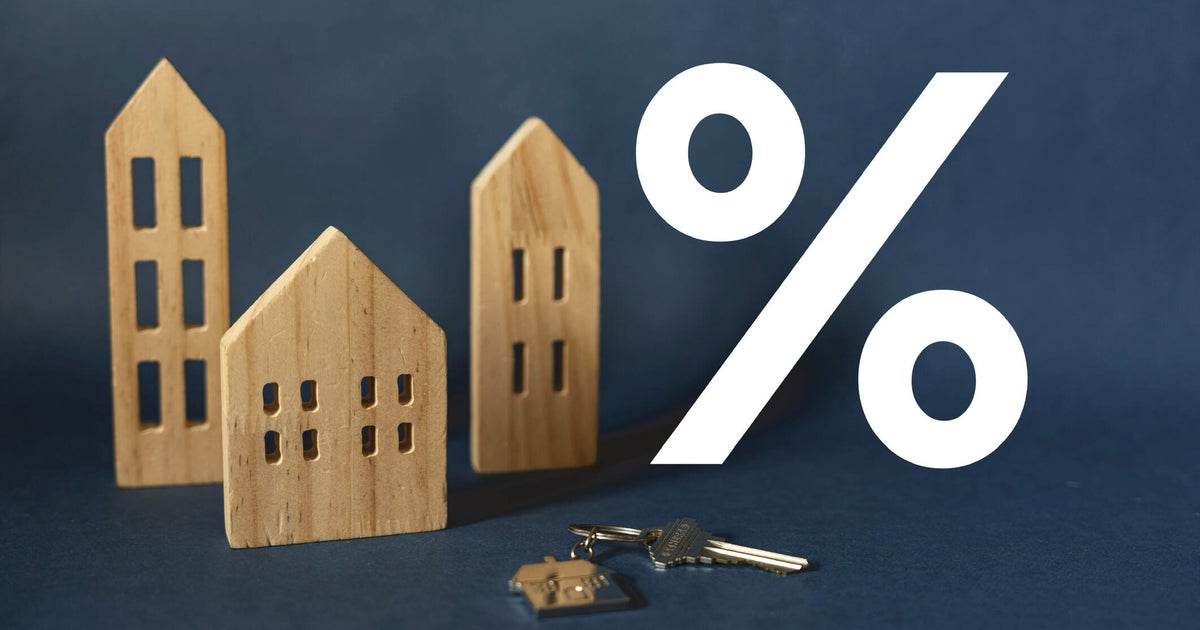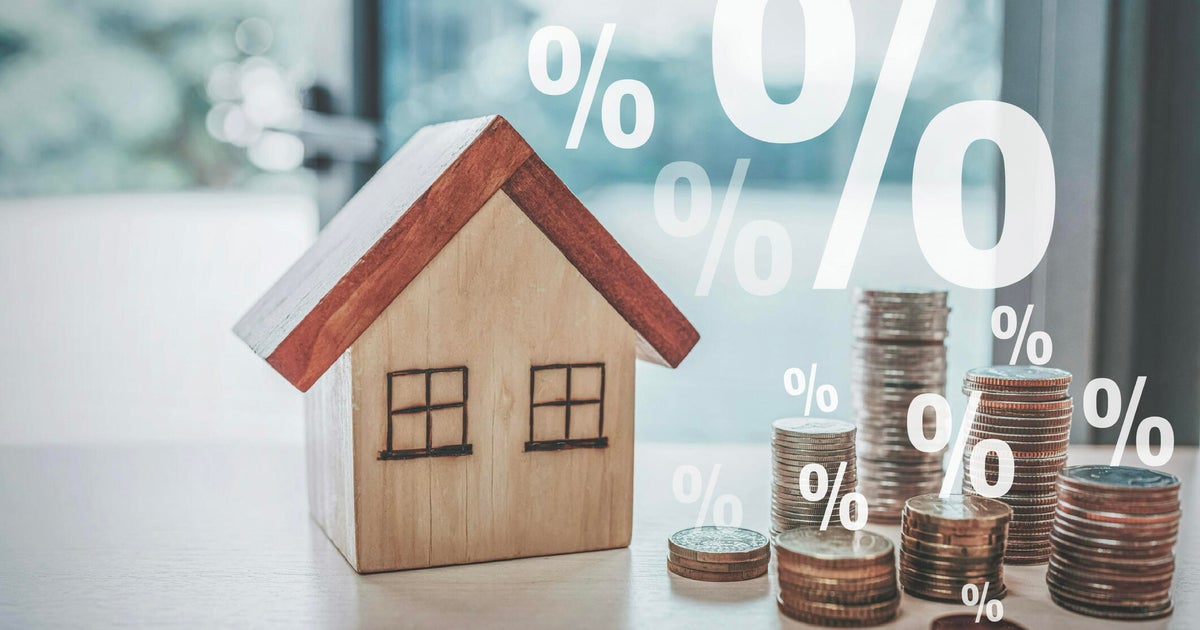A smart way for seniors to tap home equity
Mississippi retiree Richard Blackmon couldn’t fathom leaving the three-acre compound that he calls home. But debts that built up during his working years were draining his bank account and leaving him increasingly stressed about money. When he saw an advertisement about a loan that could allow him to tap home equity without the need to repay until after he died, he initially thought it was a scam.
It’s no scam. It’s a so-called reverse mortgage, a long-time government program aimed at helping house-rich but cash-poor seniors age in place. Now the 70-year-old calls the loans “life altering.”
“Honestly, about this time last year, I was contemplating having to file for bankruptcy,” Blackmon says. “I can’t rave enough about this program.”
Yes, reverse mortgages have drawn their share of controversy, partly because some unscrupulous advisers urged seniors to use them to invest in stocks before the market crash that accompanied the financial crisis.
However, a number of retirement experts, such as Wade Pfau, professor of retirement income at The American College, and Steven Sass at the Center for Retirement Research, maintain they’re a valuable tool. And the smartest way to use them is to secure the loans early in retirement, ideally long before you need to tap them.
Paul Fiore, senior vice president of retail lending at American Advisors Group, says that’s just what his parents did.
Five years ago, Fiore’s dad, a retired Teamster, started to worry about the financial viability of his pension plan. He took out a reverse mortgage line of credit, but considered it much like a regular home equity loan -- he wasn’t going to tap it unless he had to. When the troubled pension plan announced it would cut monthly payments to thousands of retirees, Fiore’s dad was prepared.
“He’ll make up the difference by taking money from the line of credit,” Fiore said.
The loans can also help retirees handle market reversals, he said. After all, while it’s fine to take money out of investments when they’re on the rise, it can be dangerous to your long-term wealth to sell stocks when the market is tanking.
At those times, seniors with a reverse mortgage line of credit can simply tap their home equity, rather than selling their stocks, to generate the income they need to pay bills. Once the market recovers, the senior can go back to tapping the investment accounts.
Of course, reverse mortgage loans aren’t for everybody. First, they’re available only to homeowners over the age of 62. And if you don’t have much home equity, or are too poor to pay your property taxes and insurance (which you must do under these loans’ terms), you most likely wouldn’t qualify, Fiore said.
Then, too, if you’re rich enough to never need to use home equity in retirement, you have no reason to take out a reverse loan, unless, like Fiore, you want to just hold it in reserve. Also, if you’re planning to move in a few years, a reverse mortgage is probably not worth the cost. And that cost rises dramatically if you need to tap more than 60 percent of your available equity.
But if you’ve got plenty of home equity and think you’ll need to tap it sometime in retirement, looking into the loans early is smart. The fees depend on your home’s value and the amount of equity you need to tap. However, they can be as little as 0.5 percent of the home’s value. Thus a reverse loan on a $250,000 home might cost $1,250.
Interest is charged too, but only on your outstanding balance. So those who use the loans as a line of credit, borrowing sparingly -- or not at all -- in the early years, pay virtually nothing.
Meanwhile, the amount available to borrow rises each year according to a formula. So the longer you have a reverse mortgage outstanding and unused, the more equity you’ll be able to tap.
How much can you get? That depends on your age, the home’s value and whether you have any outstanding loans on the property. The National Reverse Mortgage Lenders Association has a number of tutorials that explain how the loans work. And American Advisors Group offers an easy-to-use calculator to help determine how much loan you can get at any given age.
The loans become due and payable only when the borrower moves, dies or defaults by failing to maintain the property or pay the taxes and insurance. At that point, your heirs can pay off the loan with proceeds from selling the property (or with cash, if they want to keep the home). Or if no equity is left in the home, they can simply turn the keys over to the bank.
“This was a win-win situation for me,” said Blackmon. “I only wish I’d known about these loans sooner.”



